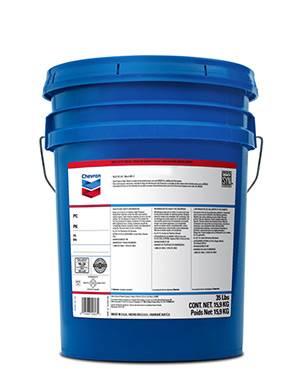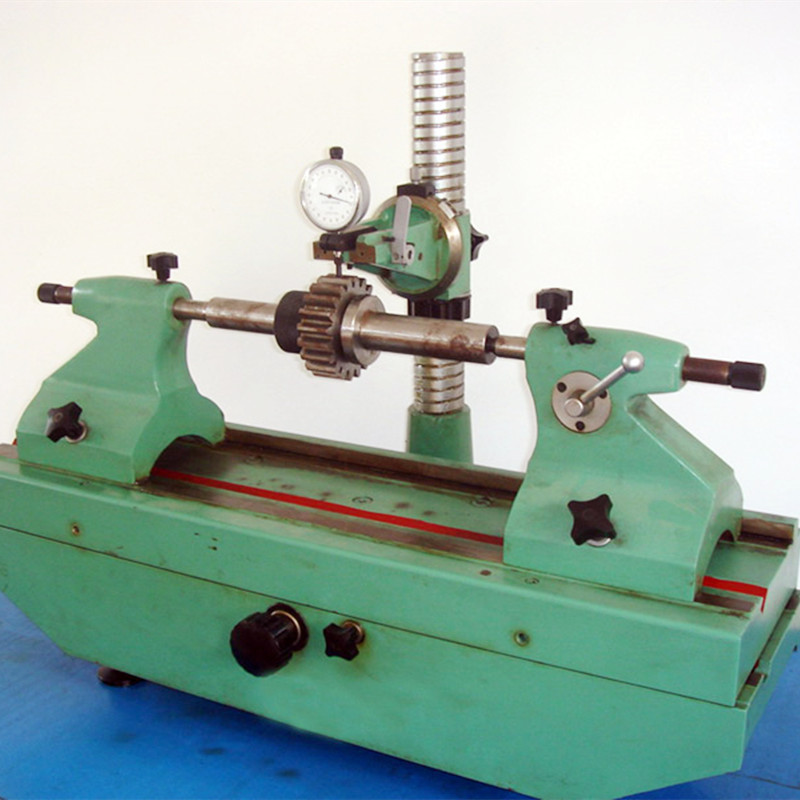1 月 . 06, 2025 19:30 Back to list
gate valve types
Valves are integral components in numerous industries, each type playing a distinct role tailored to specific needs. Understanding the variety of valve types enhances not only operational efficiency but also safety and cost-effectiveness, factors critical in industrial applications.

Understanding the different types of valves requires a dive into their functionality and application. The gate valve, for instance, is essential for on/off control featuring a straightforward mechanism that minimizes pressure loss when fully open, making it ideal for applications that require an unobstructed flow of liquid. With its time-tested reliability, the gate valve is a prime choice in the oil and gas industries, as well as civil water supply systems where flow efficiency is paramount.
Ball valves, revered for their durability and excellent sealing capabilities, are pivotal where a tight shut-off is mandatory. Their simple design, consisting of a rotating ball with a bore, makes them versatile and low-maintenance. In chemical processes, where leakage can lead to hazardous spills, the superb sealing properties of ball valves prove indispensable.

For applications needing precision in flow regulation, the globe valve stands out. Its unique design with a movable disk and a stationary ring seat in a generally spherical body allows for fine-tuned adjustments — critical in industries where controlled fluid flow is necessary, such as in some specialty chemical manufacturing and steam systems.
Butterfly valves provide a distinct advantage in larger piping systems due to their compact size and lightweight nature. The disk-shaped closure mechanism permits quick shut-off and is cost-effective for handling large volumes. These characteristics make butterfly valves particularly useful in water treatment and irrigation applications where space and budget are often limited.
valve types
The check valve is paramount in preventing backflow, crucial in protecting pumps and compressors across industries. Their use is prevalent in water, chemical, and oil and gas sectors where reverse flow might result in equipment damage or contamination.
For environments characterized by extreme temperature fluctuations and high-pressure demands, the needle valve offers control precision that is unmatched. Used primarily in high-pressure applications, such as gas leaks detection systems, their design allows gradual opening for fine flow regulation, exemplifying reliability and accuracy.
Moreover, diaphragm valves, equipped with a flexible diaphragm, are highly effective in industries requiring frequent valve cleaning or dealing with corrosive materials. Their use is widespread in sterile processes, including pharmaceuticals and food manufacturing, due to their contamination-free passageway.
When selecting a valve type, it is essential not only to consider the operational environment but also to understand the properties each valve type brings to the table. Materials used in valve construction, such as stainless steel for chemical resistance or bronze for its corrosion resistance in water applications, further influence their suitability for different tasks.
In summary, the diversity of valve types ensures that there is an ideal choice for every industrial need, promoting efficiency and safety. An informed approach to selection based on operational requirements, combined with knowledge of valve materials and mechanics, amplifies the reliability and performance of these critical components. Such expertise underscores the importance of valves and highlights their indispensable role in optimizing industrial operations.
-
Y Type Strainers: A Comprehensive GuideNewsOct.18,2024
-
Understanding Water Valve Options for Your NeedsNewsOct.18,2024
-
Functions and TypesNewsOct.18,2024
-
An Essential Component for Fluid SystemsNewsOct.18,2024
-
Adjustment and ReplacementNewsOct.18,2024
-
Slow Closing Check Valves: A Key Component in Fluid SystemsNewsOct.08,2024
Related PRODUCTS









